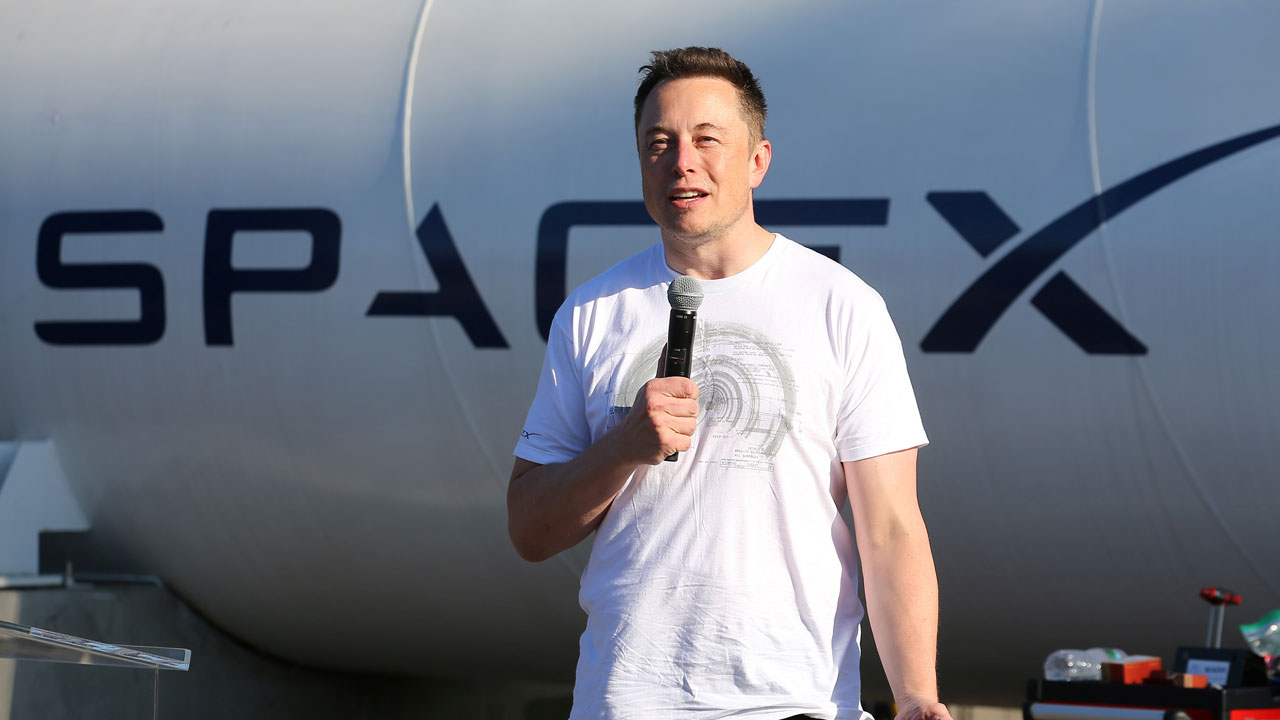
NASA, the United States’ most iconic space agency, is currently caught in a whirlwind of controversy, confusion, and upheaval, with one name looming large over its uncertain future: Elon Musk. The world’s most influential entrepreneur in space exploration is not content with merely being NASA’s largest private contractor; he is now aggressively pushing for changes in NASA’s direction, and in doing so, he is causing major internal and external rifts.Under Musk’s influence, NASA has become a shadow of its former self, with mass layoffs, budget cuts, and a shifting leadership structure all fueling discontent among employees and industry observers alike.
Despite being NASA’s largest contractor, SpaceX’s growing influence over the space agency is leading to significant questions about the future of space exploration in the United States, as Musk’s ambitions continue to expand beyond merely providing rockets to NASA. With an increasingly complex power dynamic at play, the agency is now facing not only external pressure but also internal fragmentation that threatens to disrupt its long-term goals.Under President Donald Trump, SpaceX received unprecedented support, with Musk acting as one of the administration’s most vocal allies. However, Musk’s influence is now raising alarms.
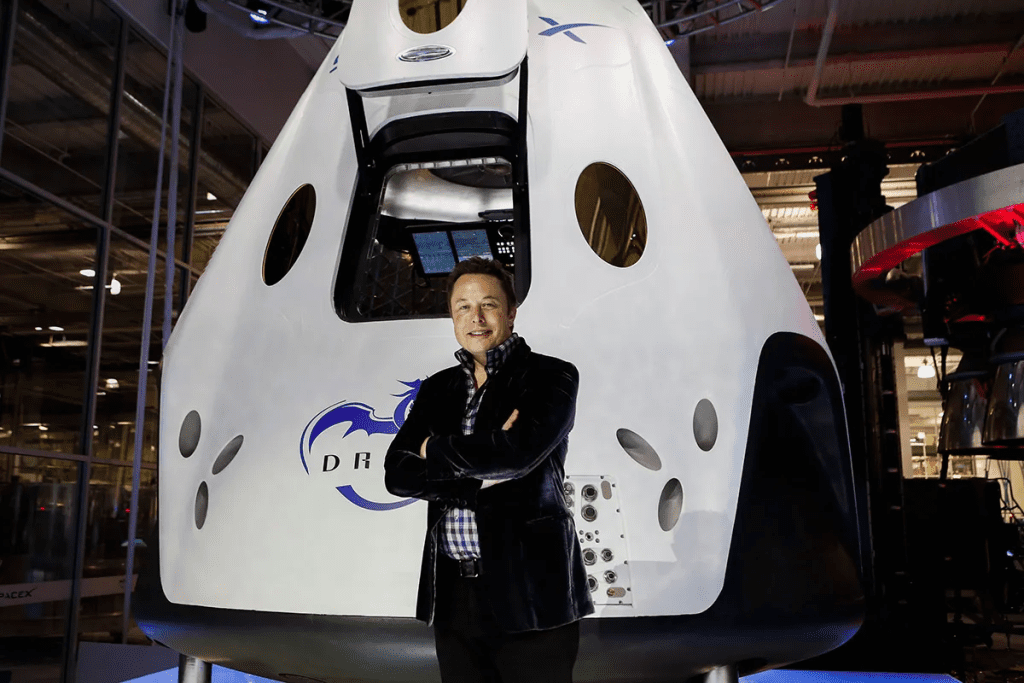
While SpaceX has long been a key partner for NASA, providing the transportation for crewed missions to the International Space Station (ISS), Musk’s ambitions extend beyond simple collaboration. Reports suggest that Musk has been maneuvering behind the scenes to reorient NASA’s goals — moving away from its plans to return to the Moon and instead pushing for a stronger emphasis on Mars exploration.“No, we’re going straight to Mars,” Musk tweeted earlier this year. “The Moon is a distraction.”In another post, he lambasted the Artemis program, calling it “extremely inefficient” and a “jobs-maximizing program, not a results-maximizing program.” These public critiques mirror behind-the-scenes efforts to pivot the agency’s priorities.Sources within NASA and the White House suggest that Musk and SpaceX have communicated a clear desire to redirect resources from lunar exploration to Mars-focused initiatives — particularly those led by SpaceX’s massive interplanetary vehicle, Starship.This strategy, if realized, could funnel billions of taxpayer dollars toward Musk’s private ventures and away from legacy NASA projects, including the agency’s flagship Space Launch System (SLS), which has been under development for more than a decade.
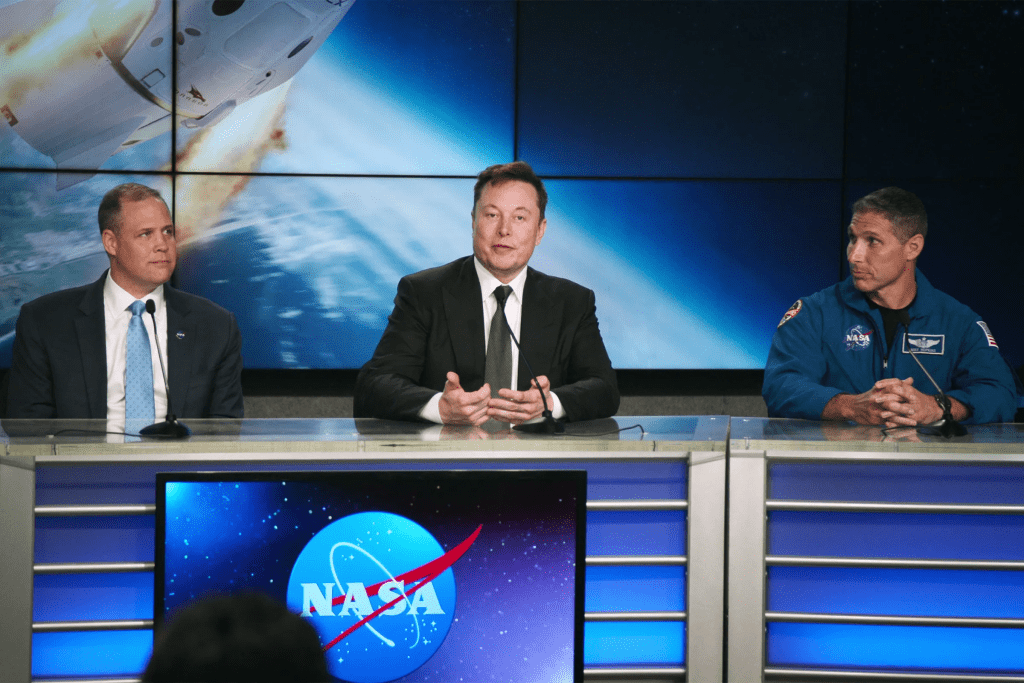
In what can only be described as a gutting blow to the morale and stability of NASA, mass layoffs have swept through key areas of the agency, leaving employees scrambling for answers. According to reports, NASA has been forced to make drastic budget cuts under what sources describe as Musk’s direct influence.Employees were given a mere 30-day notice of the layoffs, a stark violation of federal guidelines, which dictate that workers should be given at least 60 days’ notice.The timing and scale of the layoffs have left NASA employees in a state of disbelief. Workers have reported that they were not only denied time-off awards but also warned that they would not be able to reapply for other roles within the agency.These measures are seen as a deliberate attempt to tighten NASA’s belt, and many staff members feel targeted by a leadership that seems indifferent to their concerns.“I think we were targeted,” one NASA staffer told CNN. “Denying bonuses, in particular, came across as extremely cruel and callous.” Another employee described the cuts as a “hatchet job,” adding that the agency’s future is now clouded by a “significant brain drain that will affect not only current missions but engineering and science for generations to come.”

The layoffs were followed by the cancellation of a massive round of job cuts, which had originally affected over 1,000 probationary workers in February. The reversal of the decision came at the last minute, allegedly due to pressure from the White House.The back-and-forth nature of these decisions has led to confusion within NASA, with employees unsure of what direction the agency is truly headed in.The growing controversy surrounding NASA’s restructuring and layoffs comes at a time when the agency is set to appoint a new leader. Billionaire tech founder Jared Isaacman, a major SpaceX supporter and one of its space tourists, is expected to replace NASA’s interim administrator Janet Petro.The decision has been delayed for months, with some speculating that concerns over Isaacman’s close ties to Musk — and potential conflicts of interest — are to blame.Isaacman’s arrival would further cement Musk’s influence within NASA, raising the question of whether the space agency will be able to maintain its independence in the face of growing privatization and SpaceX dominance. While SpaceX has brought technological advancements and cost-efficiency to NASA, the increasing concentration of power within Musk’s orbit raises concerns about the integrity of NASA’s mission and its ability to act as a neutral public agency.
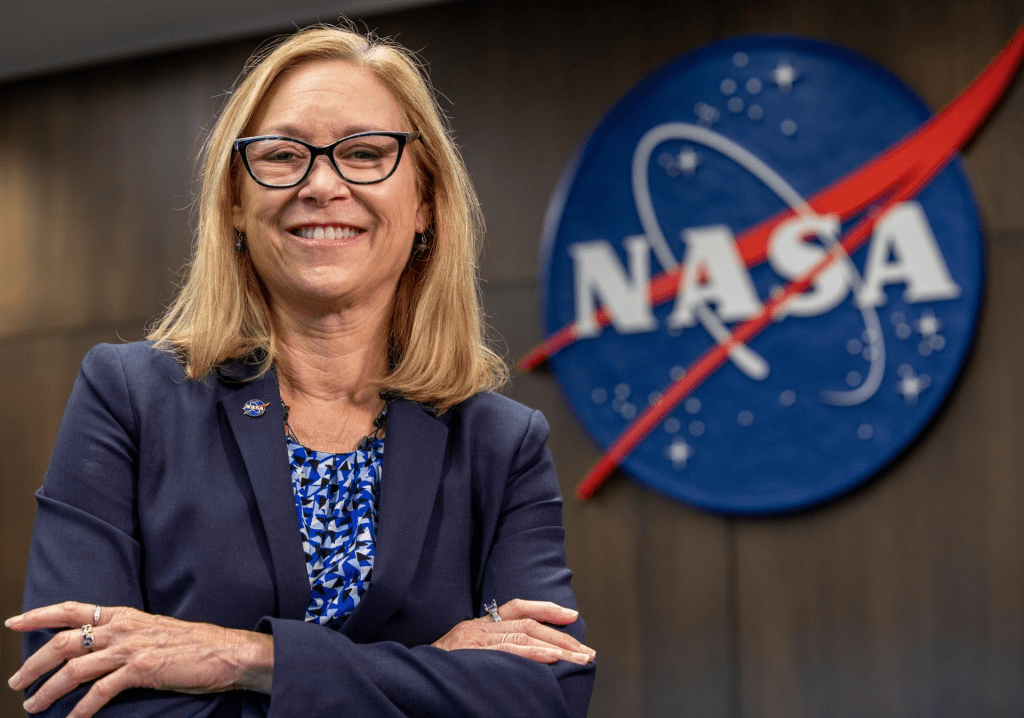
Despite the ongoing chaos, NASA’s interim administrator Janet Petro has made public statements defending the agency’s new direction. “Change is never easy,” Petro wrote in a March 14 email, “but the NASA workforce is at the heart of [reduction in force] discussions.”However, for many employees, these reassurances ring hollow as they face the harsh realities of job cuts and diminishing trust in leadership.Musk’s ambitions are not only reshaping NASA’s workforce but are also leading to a shift in the agency’s core mission. His open opposition to the Artemis program — which is NASA’s path to returning astronauts to the lunar surface — has created a rift within the space community.While Musk advocates for a Mars-first strategy, the Artemis program has significant bipartisan support in Congress and among space industry stakeholders.The debate over NASA’s future focus is intensifying. In January, Musk tweeted his belief that returning to the Moon is “a distraction,” while promoting his vision of a human presence on Mars. This ideological divide is not just a matter of public policy but one of national pride and international competition.NASA’s ability to lead the world in space exploration is being questioned as private companies like SpaceX and Blue Origin rise to prominence, often with their own agendas.
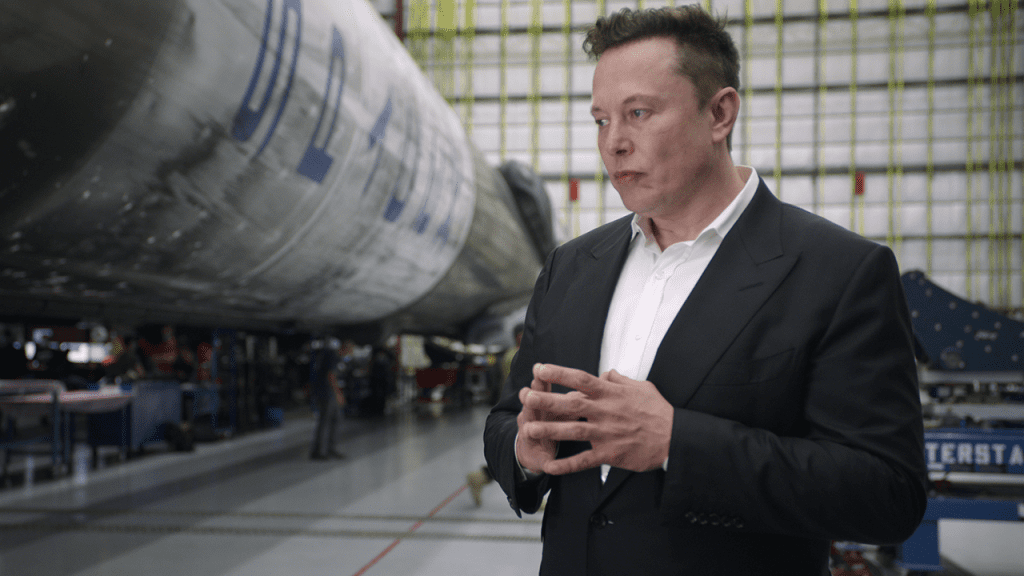
NASA’s current space program is deeply tied to the SLS (Space Launch System) rocket, which is designed to return humans to the Moon. However, there is now growing speculation that the White House may cancel SLS in favor of SpaceX’s Starship, which is designed for interplanetary travel.If SpaceX’s Starship takes precedence, Musk’s company would be poised to dominate not only the lunar missions but also future Mars missions.Musk’s push to control NASA’s direction could trigger significant political backlash, especially from lawmakers who have strongly supported the Artemis program. Representative Brian Babin (R-TX) responded sharply, saying: “Starship? I want success out of it. But for us to beat the Chinese… it’s going to have to be SLS that does it.”His comments reflect broader unease in Congress about relying too heavily on a single private contractor for the nation’s deep space ambitions.
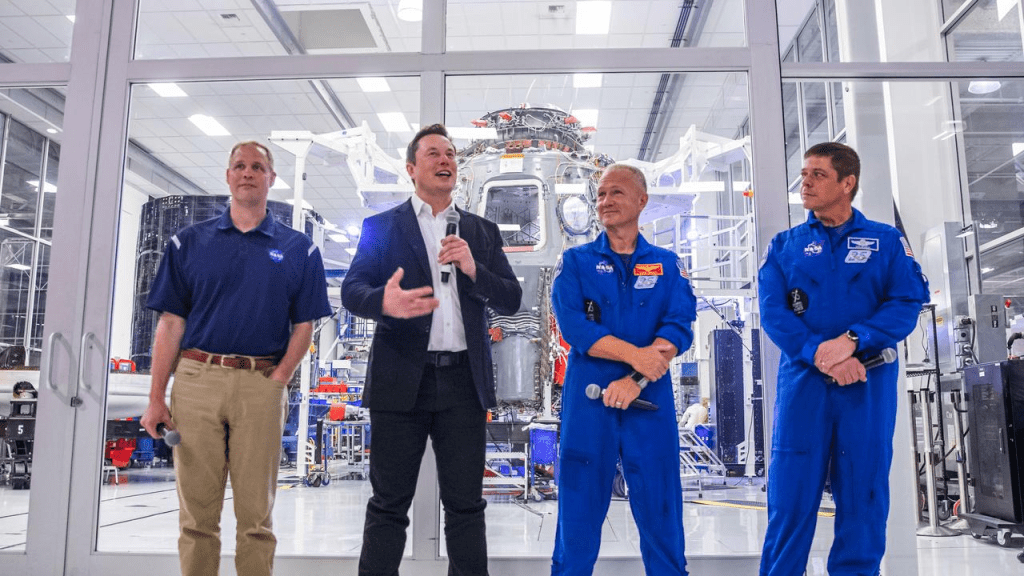
Moreover, the growing influence of private companies like SpaceX in government-funded programs has prompted concerns about the privatization of space exploration. As SpaceX continues to dominate, critics fear that the U.S. government could lose its ability to direct space missions in the national interest.Elon Musk’s ambitions are no longer limited to technological innovation. His influence now reaches deep into the policymaking structures that govern the U.S. space program.What began as a private sector partnership has evolved into a power struggle for the soul of NASA — with Musk on one side, and decades of tradition, planning, and congressional process on the other.Whether NASA goes to the Moon, Mars, or both will be decided not only by science, funding, or public will — but also by how much power one billionaire is allowed to wield over the future of space exploration.


